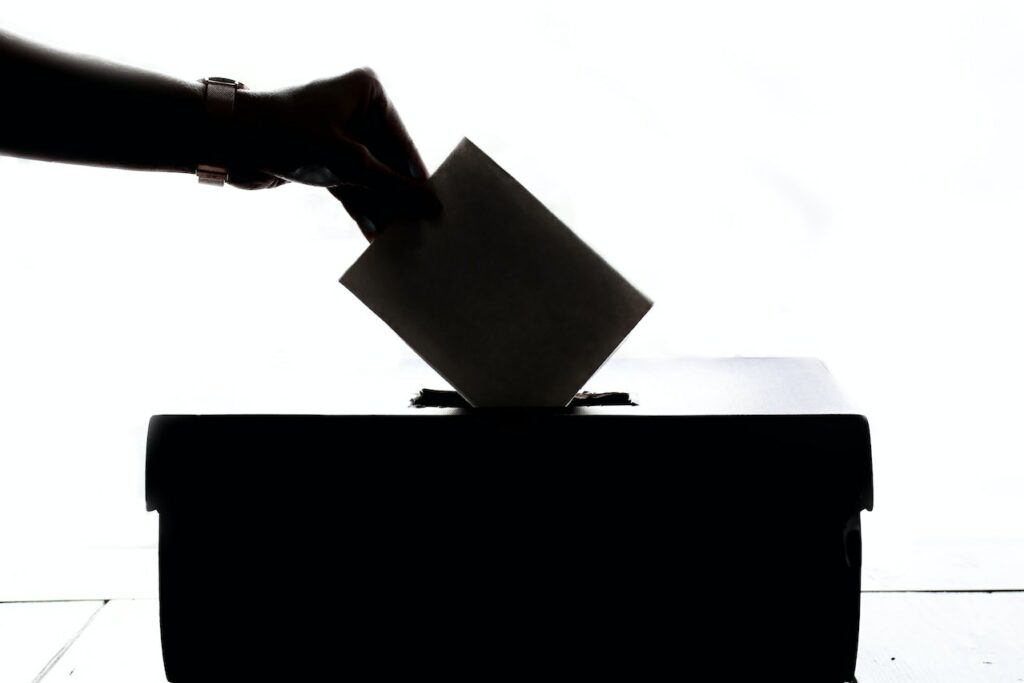
(Scypre.com) – The movement led by Democrats to reduce the legal voting age to 16, or even younger in some cases, is gaining traction as teenagers and activists work towards achieving local victories and gaining support from certain media outlets.
One recent success for the “Vote 16” campaign was in Vermont, where the state legislature, controlled by Democrats, overrode Republican Governor Phil Scott’s veto of a measure allowing 16-year-olds to vote in municipal elections and hold elected offices.
This victory specifically applies to the town of Brattleboro in southern Vermont, where 16- and 17-year-olds can now vote in local elections and serve on the selectboard if elected. They can also participate as representatives in the town’s annual town meeting, where local matters are decided.
Representative Emilie Kornheiser, a Democrat from Brattleboro, believes that involving more young people in the voting process will help keep them politically engaged. She states that Vermont is an aging state that values democracy and participation, and she believes that bringing youth into the process will strengthen communities and foster a sense of belonging.
Governor Scott had vetoed the bill, expressing concerns about inconsistencies in Vermont’s laws regarding the age of adulthood. He acknowledged the importance of encouraging young Vermonters to take an interest in issues affecting their communities but did not support lowering the voting age in Brattleboro.
In Missouri, a statewide group is also advocating to lower the voting age for local and school board elections to 16. DJ Yearwood, a teenager leading the effort, launched the Vote16MO campaign. The group is working with Missouri lawmakers to introduce legislation in the next session, aiming to have a measure to lower the voting age on the ballot as a constitutional amendment in the upcoming elections. Yearwood believes that engaging 16-year-olds in the political process will aid their transition into adulthood and encourage a nonpartisan approach to politics.
Notably, there are critics who oppose lowering the voting age and argue that 16- and 17-year-olds lack the judgment and maturity to make important political decisions. They emphasize that the teenage brain is still undergoing development, particularly the prefrontal cortex responsible for making reasoned decisions.
While the movement to lower the voting age faces legal challenges and outcry from some election experts, various states and cities, including New Mexico, Oregon, Massachusetts, California, Maryland, and Virginia, have initiated or considered measures to allow underage voting in local elections.
At the federal level, Representative Grace Meng, a Democrat from New York, introduced legislation to amend the Constitution and establish 16 as the national minimum voting age. Meng argues that young people have shown influence in recent years, advocating for crucial issues and participating in society as workers and taxpayers.
Critics, however, argue that the motive behind such efforts is primarily to gain more votes and question whether minors have the ability and judgment to make informed political decisions.
Supporters of lowering the voting age argue that it will establish a lifelong habit of voting, claim that 16- and 17-year-olds are ready to participate in elections, and suggest that it will enhance civics education. They believe that these young individuals deserve a say in shaping their communities and society as a whole.